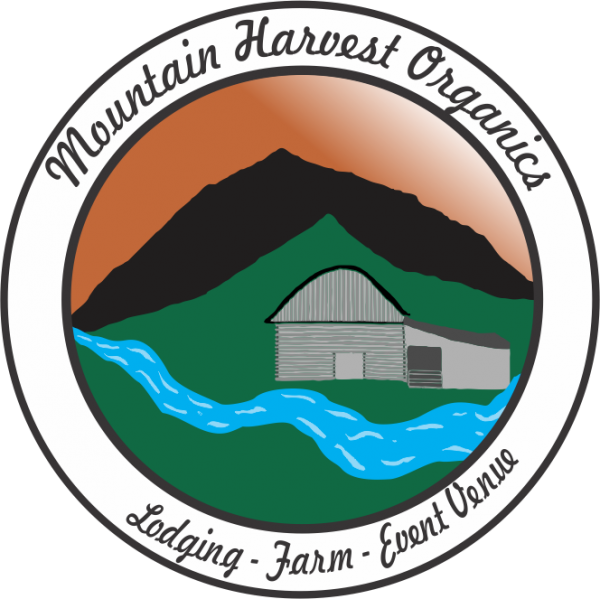Projects, WP Migration
Somber day on the farm
 |
Today we are missing Sabrina, Noah, Peter, Paul and Mary.
We delivered our last Wednesday CSA share of the season and worked until 8 PM Tuesday night processing veggies. We missed Sabrina’s help, but mostly her calm and relaxed personality and engaging discussions. Our discussions were mostly centered on food related issues as that is our passion. Our plan is to have her and Noah back for some ribs come December. We are excited to one day visit Athens GA and purchase something off of her food truck!
|
|
So today was the day for taking Peter, Paul and Mary to market. This day should have happened a month ago when we had an appointment with Mays Meats to process the pigs, but being rookie livestock farmers, we weren’t able to convince the pigs that getting onto the livestock trailer is such a good thing. PIGS ARE SMART. After we missed our appointment with Mayes, Carl made an earth ramp that we backed the trailer up to, and the pigs easily went right onto the trailer. For the past month we have been working on getting our truck brakes fixed but have not yet accomplished this so we borrowed Alvin’s truck to haul the pigs to market. Carl asked if I would go with him Wednesday to take the pigs after delivering the CSA shares, and of coarse it is part my responsibility, so he and the pigs met me in Waynesville after market for our trip to Wells, Jenkins Wells Meat Processing. They are a NCDA approved livestock processor which is required when reselling meat in North Carolina. I am certainly glad they are processing our pigs because they are kind hearted people and a small processor and they treated our pigs with respect.
When we arrived at the processor, our first task was to unload the pigs from the trailer, which I had in my mind that it was going to be an easy task and the pigs would simply walk off the trailer. After a 2 hour ride to the processor the pigs were stressed and not willing to walk off the trailer. (It took us a little bit in figuring out how to get our trailer level with their unloading ramp which we were able to do because Carl brought some ramps that we put underneath the trailer tires.) Being that the pigs each weigh approximately 700 lbs there is no coaxing these pigs off the trailer. The fellows helping us unload them had to use a shock tool that eventually worked in getting them off the trailer and into a stall and into the barn at the processing facility. The pigs were not so comfortable in this new surrounding and I felt bad for them. The guy commented, “I can tell these pigs were raised on dirt”. I wondered… Shouldn’t all pigs be raised on dirt?
|
 |
We did our best in providing for Peter, Paul and Mary over the past year. They had an acre of green pasture, mud holes for dealing with the hot summer days (It was a beautiful sight seeing them rolling in their mud holes), giving them belly/ear rubs, treats of corn/apples, etc. I hold a lot of respect for Peter, Paul and Mary and know that we are all interconnected and that a vegetable farm needs them and other animals for both building our soils which grows our veggies and nourishing our bodies which keeps us all healthy.
I am sad that their last day was so stressful. Next time we bring pigs to market… We will build a wood ramp, train the pigs to go off the trailer using the ramp by themselves, which Carl seems to think might be pretty difficult building a wood ramp to hold a 700 lb animal. I think Carl will think of something as he always does. We should have taken the pigs to market when they were a little smaller so they can be more easily coaxed off the trailer without having to stress them using electrical shock.
Ideally it would be best to process them right on the farm but in today’s society meat that is sold must be processed at a USDA Certified Facility which is why we took them to Wells Jenkins.


